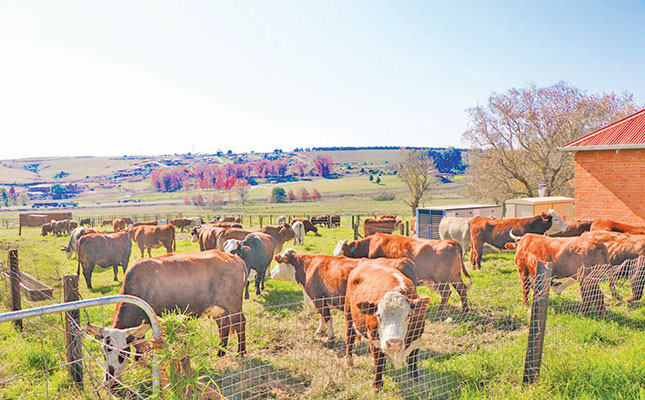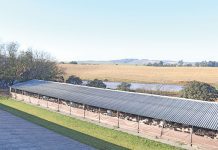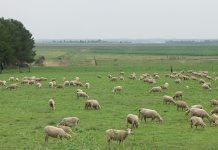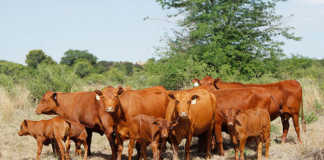
Photo: FW Archive
Much has been written about what makes a farmer successful. Far less, however, has been written on what makes a small farmer successful.
READ The proper fencing to keep sheep and goats safe
This is a pity, because the different types of farmers operate in completely different economic environments. Larger farmers can afford to pay for advice, bookkeeping, technology and a workforce, and can attend farmers’ days regularly, whereas these advantages are often out of the reach of the small farmer.
Despite these difficulties, some small farmers manage to achieve greater success than others. There’s no single reason for this, and success largely depends on a farmer’s own character. Perseverance, patience and a good work ethic, for example, are all needed.
But in addition to these attributes, farmers should focus on the following seven actions. Carry these out and you’ll be well on the way to becoming a successful small-scale farmer.
Know yourself
Make sure you know your strong and weak points, and what you can do or can’t do. If you’re not happy on the farm, you’ll struggle to make a success. Farm animals or crops that you have a ‘feel’ for. Most importantly, make sure you really want to farm! If not, you’ll easily become bored or distracted and lose focus on essential chores.
Watching soccer on TV or going to town while your cattle are without water will soon bankrupt you. If farming is not for you, don’t even try it.
Manage your finances carefully
Unless you have an off-farm income or are running a fast-turnover business, you are likely to be short of money from time to time. And this may happen when you really need to spend money, for example, on buying feed for your animals. So, it’s crucial to look after your money, and invest the most in those enterprises on your farm that bring in the most income.
Beware of debt and keep your personal spending separate from your farm account. Live frugally, but don’t skimp on necessary farming inputs; to get something out of your land you must put in money as well as time and effort.
Plan
There’s nothing to stop you from dreaming big; at some point, you’ll have to expand to keep up with inflation. But don’t be in too much of a hurry: farming is not a get-rich-quick affair. Take things step by step as your business allows. Draw up a simple business plan, emphasising your main aims and goals, but don’t try to do too much at once.
Know what’s happening on the farm
Farming is a 24-hour job. You have to be on call all the time in case something goes wrong. You also need to check and double-check that all is well before you go to bed.
READ How to keep your farm secure while you’re away on holiday
And be prepared to get up again if something out there is worrying you! It’s your business, so it’s up to you to see that your animals and crops are thriving. Losing focus for just one day can prove disastrous.
Maintain your farm
If there’s one thing that will cost you money in the long run, it’s neglecting machinery and infrastructure. It is far cheaper to look after these things properly than to fix them when they break or fall apart.
READ Animal health: putting together a first-aid kit for livestock
What’s more, a breakdown can happen at the most inconvenient time: when you really need a tractor or a pump, or when you simply don’t have the money for the repairs. So spend time and money on maintenance; it’s worth it.
Anticipate problems
Get to know your farm and your business well enough to anticipate where problems can arise so that you can take preventative measures. For example, livestock and crops are susceptible to diseases at specific times of the year, so take precautionary steps well in advance. Other things can go wrong too. Make notes on what to watch out for.
Stay informed
Farming can be a lonely life; you can go for a week or more without coming into contact with others. You might get to enjoy the solitude, but isolating yourself can lead to ignorance and cause you to fall behind with the latest farming news and methods.
Try to attend at least a few farmer information days every year and talk to fellow farmers as often as you can to learn what they’re doing. You can learn from mistakes, but there’s no excuse for being uninformed.














